Victory 01
Event ID: 128
Categories:
17 September 1916
Source ID: 4
“We all stood on the firing range, and one by one we fired our machine guns in the way that seemed most favourable to us. The day before we had received our new machines, and the next morning Boelcke wanted to fly with us. We were all beginners, none of us had had any success so far. So what Boelcke told us was gospel to us. In the last few days he had, as he put it, shot down at least one, sometimes two Englishmen for breakfast. The next morning, 17 September, was a wonderful day. We could expect a lot of flying from the English. Before we took off, Boelcke gave us some precise instructions, and for the first time we flew in a squadron under the leadership of the famous man in whom we blindly placed our trust. We had just arrived at the front when we recognised an enemy squadron flying in the direction of Cambrai above our lines at the blast points of our balloon defence cannons. Boelcke was of course the first to see it, because he could see more than other people. We soon grasped the situation and everyone endeavoured to stay close behind Boelcke. We all realised that we had to pass our first test under the eyes of our revered leader. We approached the squadron slowly, but it could no longer escape us. We were between the front and the enemy. If he wanted to go back, he had to pass us. We counted the enemy aircraft and realised that there were seven of them. We only had five. All the English were flying large, two-seater bombers. It was only a matter of seconds before we had to start. Boelcke was already damned close to the first one, but he wasn’t firing yet. I was the second, with my comrades close beside me. The Englishman flying closest to me was a large, dark-coloured barge. I didn’t think twice and took aim at him. He shot, I shot, and I missed, so did he. A fight began in which it was important for me to get behind the chap, as I could only shoot in my direction of flight. He didn’t need to, because his manoeuvrable machine gun reached in all directions. But he didn’t seem to be a beginner, because he knew exactly that his last hour had come the moment I managed to get behind him. At that time I didn’t have the conviction that ‘he must fall’, as I have now, but I was rather curious as to whether he would fall, and that is an essential difference. Once the first or even the second or third one lies, then a light goes on: ‘That’s how you have to do it.’ So my Englishman turned and turned, often crossing my sheaf. I didn’t think about the fact that there were other Englishmen in the squadron who could come to the aid of their beleaguered comrade. Just one thought: ‘He must fall, come what may!’ Finally, a favourable moment. The enemy seems to have lost me and flies straight ahead. In a fraction of a second I’m breathing down his neck with my good machine. A short burst from my machine gun. I was so close that I was afraid of ramming him. Then suddenly, I almost let out a whoop of joy, because my opponent’s propeller stopped turning. Hooray! Hit! The engine was shot to pieces and the enemy had to land with us, as it was impossible to reach his lines. I also realised from the swaying movements of the aircraft that something was not quite right with the pilot. The observer could no longer be seen either, his machine gun was sticking up in the air without any controls. So I had hit him and he must have been lying on the floor of his body. The Englishman landed somewhere right next to the airport of a squadron I knew. I was so excited that I couldn’t stop myself from landing and touched down at the unfamiliar airport, where I almost turned my plane upside down in my eagerness. The two aeroplanes, the Englishman’s and mine, were not very far apart. I ran straight there and saw a lot of soldiers streaming towards the enemy. Once there, I found that my assumption was correct. The engine was shot up and both occupants seriously injured. The observer died immediately, the leader on the transport to the nearby military hospital. I placed a stone on his beautiful grave in memory of my enemy who had fallen in honour. When I got home, Boelcke was already sitting at breakfast with the other comrades and was very surprised at what had taken me so long. I proudly reported for the first time: ‘Shot down an Englishman.’ Everyone immediately cheered, because I wasn’t the only one; apart from Boelcke, who, as usual, had his breakfast victory, every one of us beginners had been victorious in aerial combat for the first time. I would like to point out that since then no English squadron has dared to go as far as Cambrai as long as there was a Boelcke fighter squadron there.”
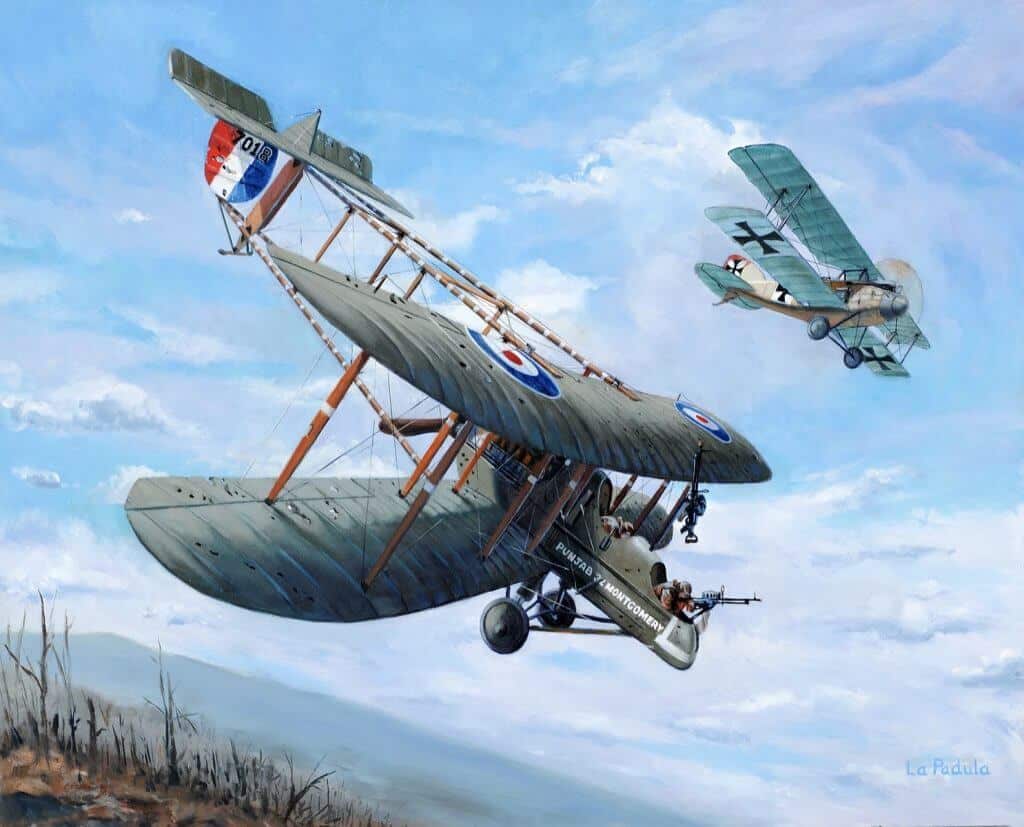

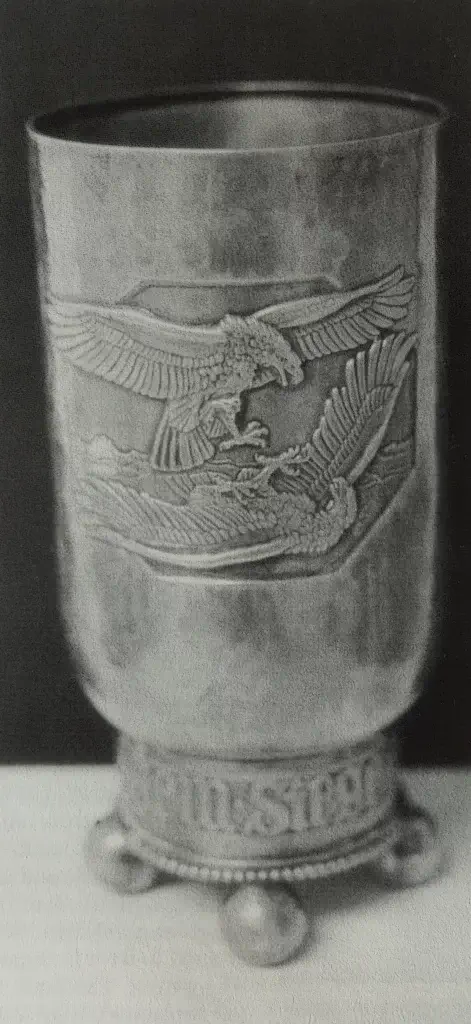
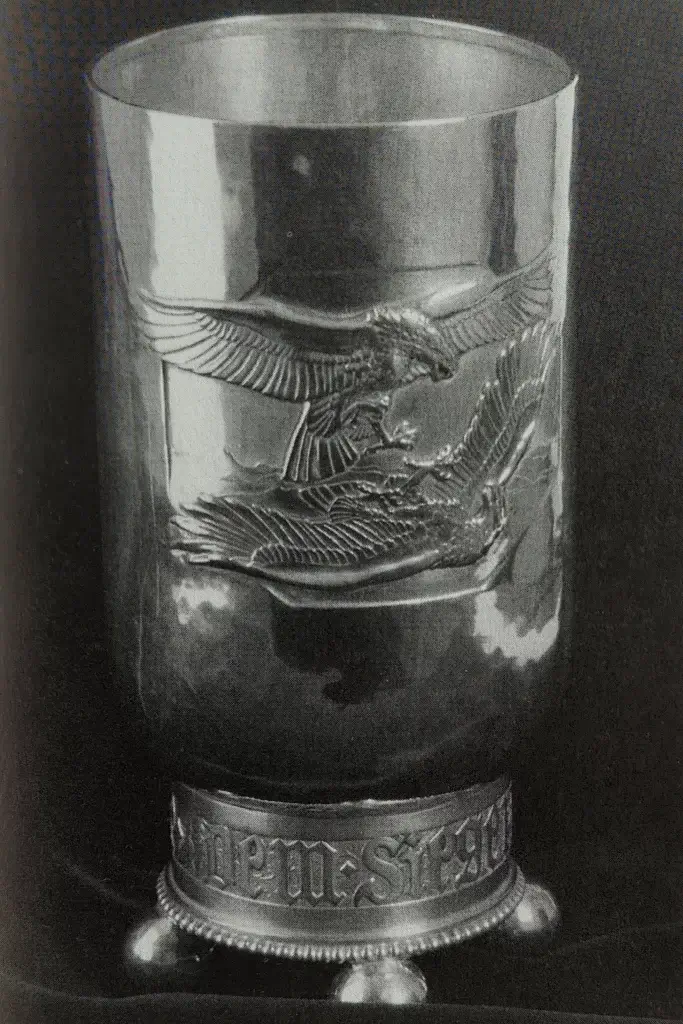
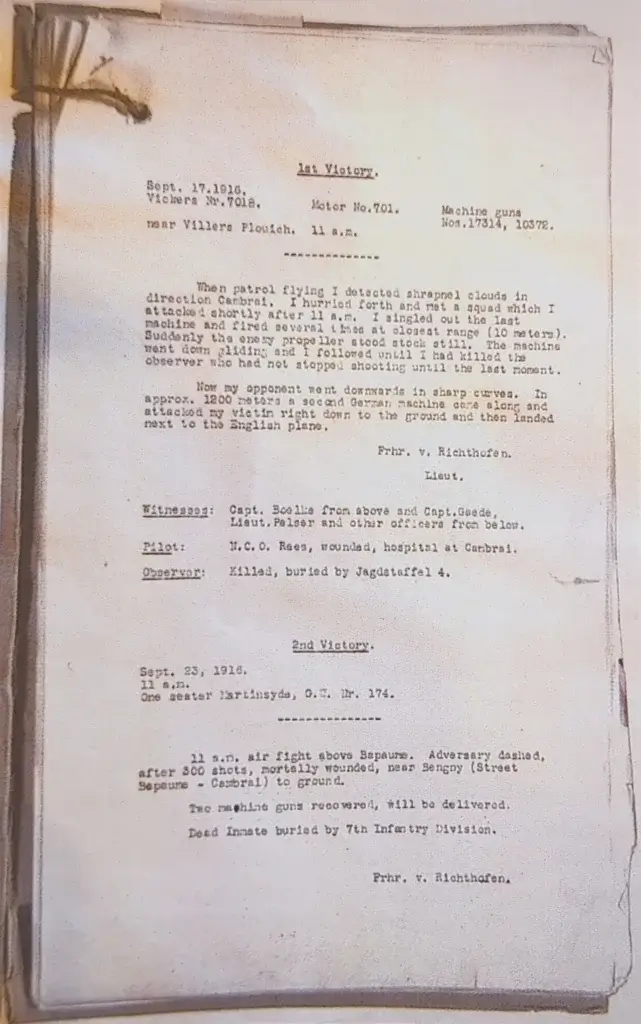
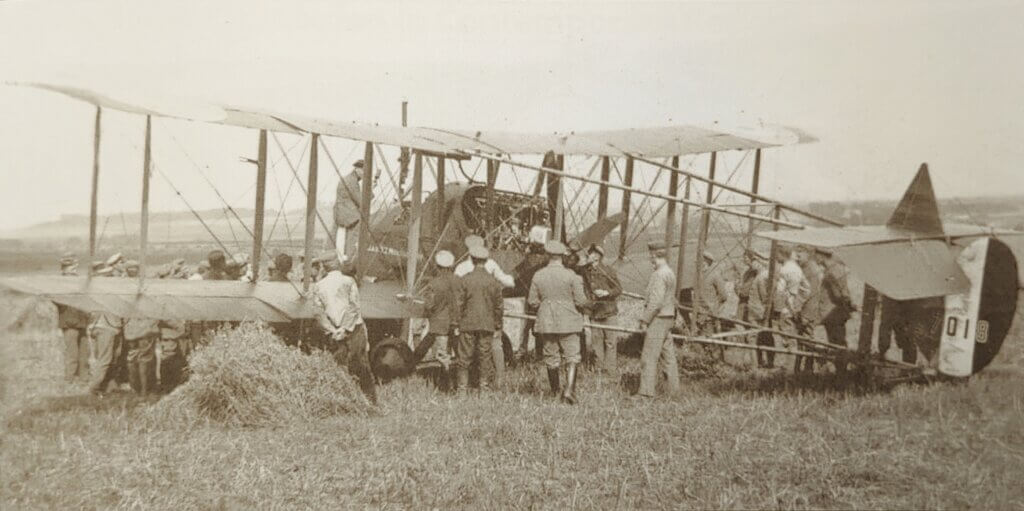
Comments (0)